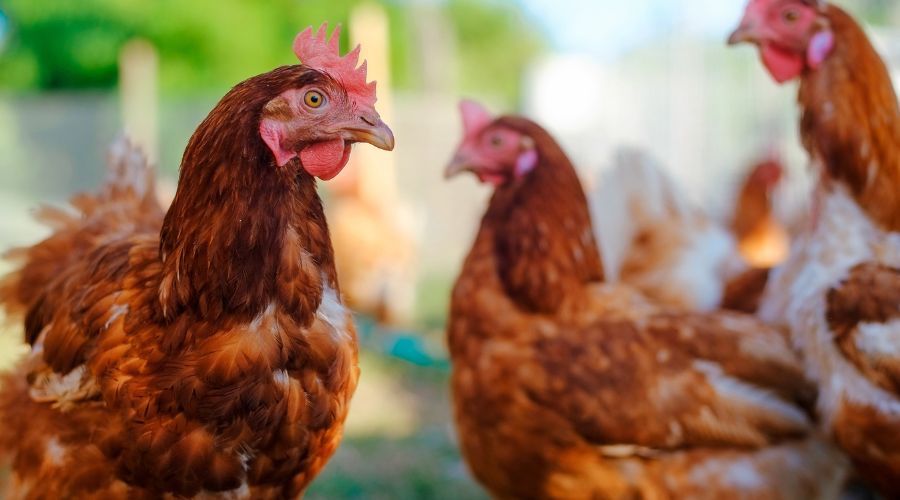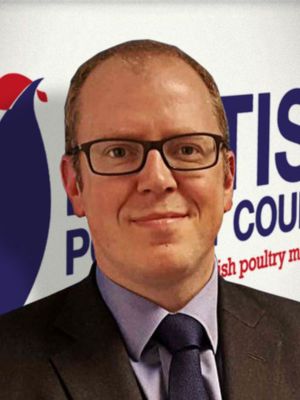New data reveals ‘erosion of British poultry supply chains’ since Brexit
30th April 2024
The British Poultry Council commented on the latest data from HMRC, saying that the 56% drop in poultry meat exports since 2020 underscores the cost of Brexit.

The council said poultry is a safe, affordable and nutritious meat, however, its certification alone has cost exporters £55 million a year since 1st January 2021. Meanwhile, importers have enjoyed a competitive advantage, paying £0 since controls have been delayed five times in two years.
Its spokesperson added that the “blatant” disparity in UK-EU trade has “unfairly tipped the scales” due to the lack of implementation of border controls, leaving exporters to shoulder the costs and burdens of Brexit alone.
The lack of a level playing field means the UK exported 167,000 tonnes of poultry meat to the EU last year, worth £225 million, down from 380,000 tonnes in 2020. Conversely, imports of poultry meat continue to rise, with the UK bringing in nearly 675,000 tonnes from the EU, valued at over £2 billion.
Stark figures

With news that 15% of poultry producers were “unlikely or unsure” they would still be operating beyond November 2025, these stark figures highlight the challenges faced by the British poultry meat industry, exacerbated by asymmetrical trade with our biggest and most important partner.
The current system, which UK importers are due to feel the full weight of from 30th April 2024, “is eroding business viability and pushing up production costs in the UK, off the back of a very real cost-of-living crisis,” said BPC chief executive Richard Griffiths.
He added: “No one wants the burdens wrapped up in additional checks. Exporting sectors like our own have suffered the pains of so-called ‘teething problems’ since day one, but the ongoing impact of unreciprocated controls is just as big a problem.
“We have to level the burden to level the playing field. That’s what an equal approach to import checks with the EU guarantees: it recognises our standards, backs our producers, and ensures safe, affordable, nutritious food for all.”
More instability
The British Poultry Council believes that the cost of not having fair, reciprocated checks is greater than the burdens that come with them. Particularly in the absence of a Sanitary and Phytosanitary (SPS) Agreement, in which burdens and checks could be addressed, equalised, and potentially eliminated.
“If quality food for all is the priority, then we have to level the playing field across industries, sectors, and entire nations. Only then can we go on to address the inefficiencies in UK-EU trade while safeguarding standards across the board – facilitated by an SPS agreement,” Mr Griffiths said.
He continued: “This government has not made any real effort to pursue an SPS agreement, and continued imbalance between import and export controls is a burden we have yet to see government take seriously.
“By not fixing problems with a mutually beneficial SPS agreement between the UK and EU, government is exposing the UK’s food frameworks to more instability.”
Read more livestock news.
